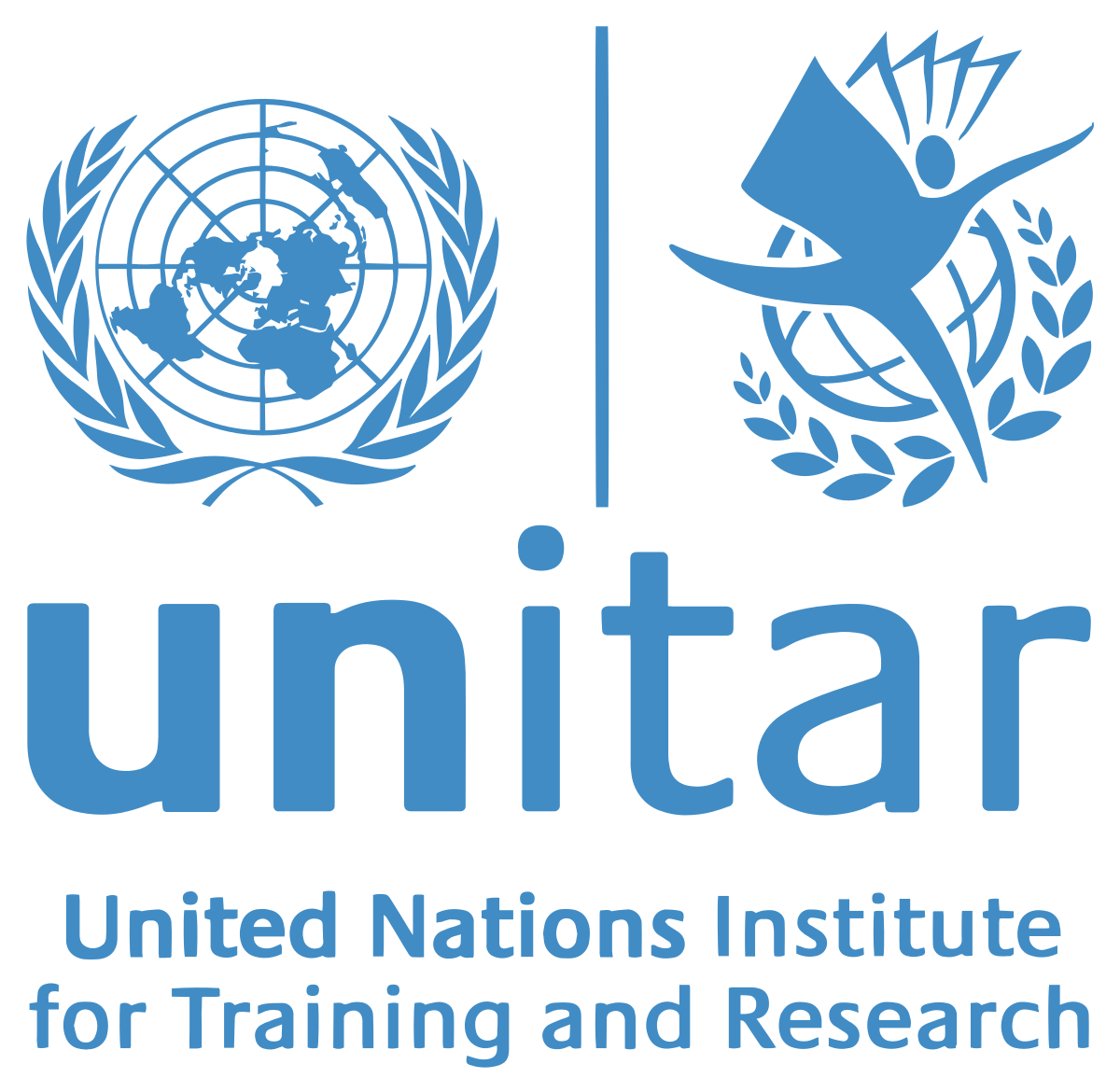Green Industrial Policy: Promoting CompetitivenessGreen Industrial Policy: Promoting Competitiveness and Structural Transformation and Structural Transformation
The United Nations Environment Programme (UNEP), United Nations Industrial Development Organisation (UNIDO) and United Nations Institute for Training and Research (UNITAR) developed this course under the Partnership for Action on Green Economy (PAGE). The course sets out to provide trainers, educators and policymakers with a scientifically sound foundation, didactic instruments and learning material to gain a thorough understanding of the main tenets of green industrial policy and their application around the world.
Objective
Industrial policy — or strategic government measures that aim to promote new economic sectors and accelerate structural change — has traditionally been employed to enhance productivity, boost competitiveness, and promote economic growth. Today, green industrial policy follows this same approach of state-driven structural change while also promoting broader social and environmental goals.
By drawing from recent examples of green industrial policy, countries can generate the benefits of traditional industrial policy while accelerating the shift away from carbon-intensive industrial production to more sustainable models, thus advancing the transition towards a green economy while reducing the numerous environmental risks lying ahead.
The course is designed to advance learning on green industrial policy at a high technical level.
Item Assessment information
Needs addressed
- Developing strong governance and policies
Leaving no one behind
- Promoting equal women/men participation and development with SCP
Applicability
- Tested
- Implemented
- Evaluated Proof of Concept
- Applicable multiple countries
Organizations

-
12.1
How does the tool make an impact on SDG12?
12.1
How does the tool make an impact across SDGs?
SDG 1; SDG7; SDG8; SDG9; SDG13